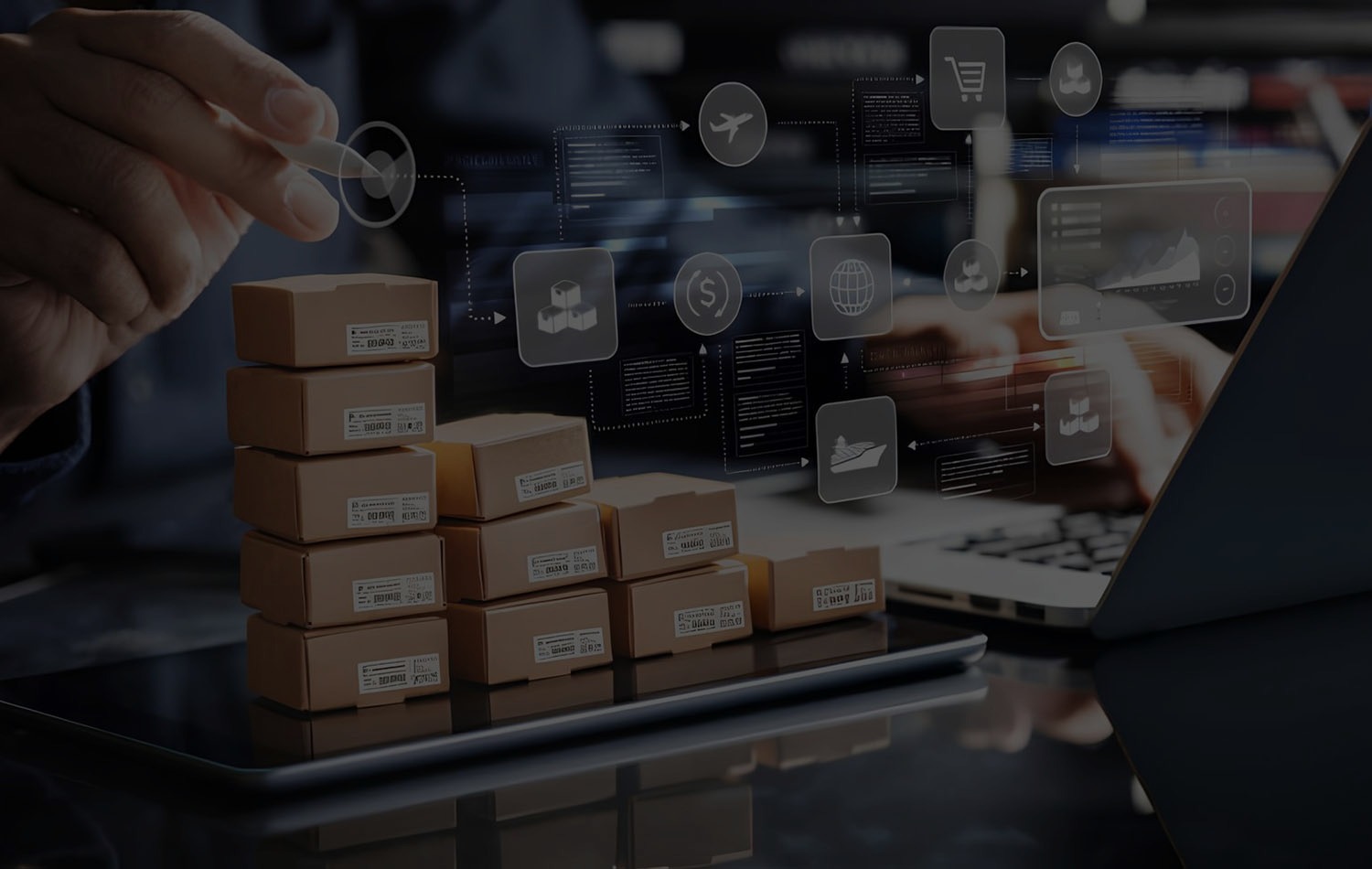Want to stay competitive and scale your transportation and logistics business seamlessly? Then speed and order accuracy must become your reliable partners.
When you have only 2-3 vehicles, standard Excel spreadsheets are sufficient for order management. Their functionality is generally adequate. However, as you expand your fleet to 5-10 vehicles, Excel transforms from a helper into a source of genuine chaos.
Key Challenges of Working in Excel
For large-scale projects, such a program for transportation logistics is unsuitable. It has significant drawbacks:
- In Excel, it is difficult to track deadlines and manage cargo accounting.
- There is no unified business overview, as all data is scattered across different tabs.
- Manual data entry leads to errors and frequent information duplication.
- There are no automatic reminders for shipments, insurance, or maintenance.
A CRM for Logistics Companies Will Fix This

- Transportation Automation. A logistics CRM allows you to automatically record all requests, statuses, and payments. They will be organized in their respective pipelines, and it’s easy to set access permissions so employees only see the pipelines relevant to their work.
- Minimizing Routine Processes. The CRM system is used to generate contracts, waybills, invoices, travel expense reports, trip sheets, and price lists. You can manage all documentation on a turnkey basis.
- Professional Analytics in One Click. Implementing a CRM for transportation logistics will free you from manually preparing reports on margins, debts, profitability, and other equally critical matters.
- Convenient and Transparent Client Database Management. Using a CRM for carriers, you can maintain a history of interactions with each client, as well as prepare and send personalized notifications.
Additional Benefits of a CRM for Logistics
If your fleet does not exceed 10 vehicles, implementing expensive logistics software like ERP systems is not cost-effective. However, integrating a CRM like Uspacy or Pipedrive is an excellent alternative. Their cost is low, yet they can save dozens of hours of work for dispatchers and drivers.

But a CRM for logistics companies and transportation organizations is not just about saving time and money. There are other important “perks”:
- Thanks to route optimization and the automation of most processes, the number of errors and failed shipments is minimized.
- A CRM system for freight transport creates comfortable conditions for quickly calculating KPIs, LTV, MRR, and SQoS.
- A well-chosen program for a transportation company significantly reduces dependence on the human factor. New employees get up to speed much faster than when using Excel.
- A CRM does not hinder business scaling. By adjusting settings, the system can easily handle 20 vehicles, and if necessary, it can be quickly migrated to an ERP.
For a successful entry into the freight market with a fleet of up to 10 vehicles, a CRM implementation service is sufficient. It will enable your company to operate without disruptions, manage transport efficiently, and be ready for online management.
Frigat Net helps businesses abandon the chaos of Excel by offering effective and transparent management tools.
What logistical problems will a CRM system solve?
By using a CRM system, you will forget about chaos in documentation and reporting, disruptions in the request acceptance and processing workflow, lack of control over cargo status, and inadequate customer accounting. You will have all the necessary information on fleet loading at your fingertips, minimize the number of errors, and significantly accelerate interaction between process participants.
Is integration of the CRM with other software possible?
The CRM system we implement is compatible with warehouse and accounting programs, GPS, telephony, and various messengers. Flexible integrations via third-party services or API are possible.
What are the approximate timelines for CRM implementation?
The project implementation timeline directly depends on the size of the business and the number of processes. For example, for a small logistics company, it takes from 2 to 6 weeks, including configuration, testing, and employee training.
Is a CRM system suitable for small businesses in the logistics sector?
Absolutely, leverage CRM capabilities even if you have a small fleet. It is an excellent alternative to expensive ERP systems. With the help of a CRM, you will manage communication and order accounting, optimize routes, track vehicle loading, etc.
Do you provide consultation before CRM implementation?
We consult clients not only before the CRM implementation but also after the project completion. Our specialists will help choose the optimal solution, explain the system’s functionality, and answer all questions during integration, setup, and the warranty support period.

